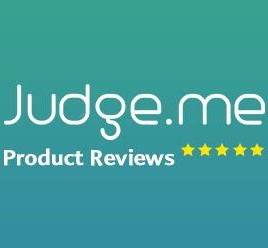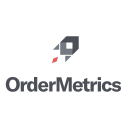Starting A Men's Grooming Brand And Growing Your Online Presence
Note: This business is no longer running. It was started in 2017 and ended in 2024. Reason for closure: Shut down.
Hello! Who are you and what are you working on?
Hi there! My name is Jack Scrimshire, and I’m creating a men’s grooming brand that promotes men’s health, grooming, and the lifestyle of the modern gentleman.
Our products are all centered around beard care, and we sell to men who take pride in caring for the way they look and use natural products to do so.
Right now our monthly earnings are at about $1,000 with huge month-over-month growth. By the end of 2018, we expect to be averaging $10,000/month.

What's your backstory and how did you come up with the idea?
The idea was a long time in the making. Around my second year into my college business degree, I got really into the idea of becoming a true gentleman and learning all of the skills and traits that makes someone a "man".
About a year later, I realized there was no...





















